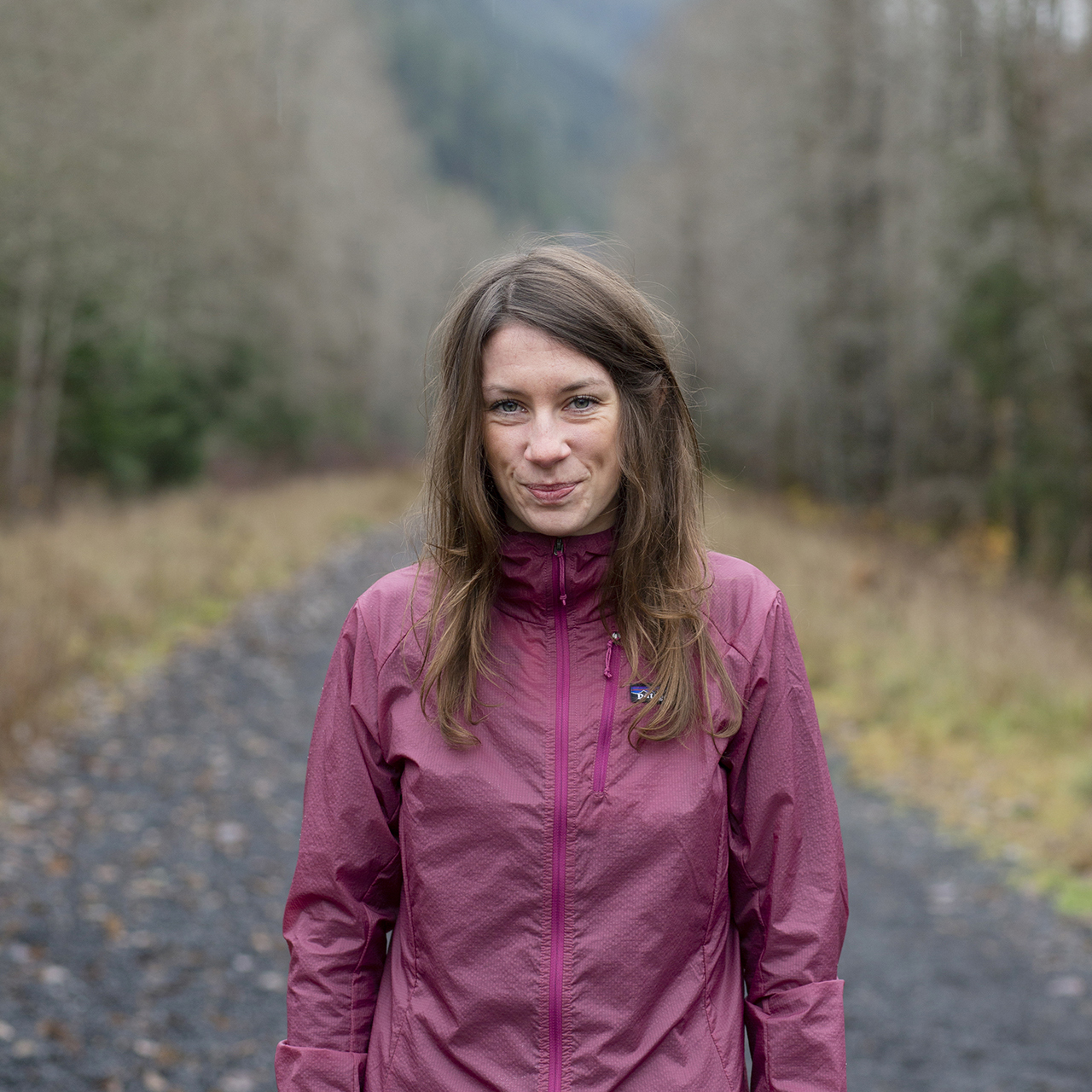As the calendar flips to a new year, it’s a great time for video creators to set some fresh goals for the year ahead. Whether you’re a seasoned filmmaker or just starting out, the journey is the same — we all strive to be better than we were. These ten New Year’s resolutions will help guide you towards honing your craft, building connections, and making 2024 your most successful year yet.
1. Find a niche and stick to it
In a world full of noise, how will you stand out from the crowd? Finding a niche, whether it be something content related, like vlogging about a specific screwdriver, or technical, like publishing daily aerial time lapses of the progression of a king tide, means you can focus on one thing, and do it really well.
Questions to ask yourself:
- What do I love doing?
- What am I good at?
- Who is my audience?
- Is this something my audience needs?
That last question will likely require some market research, but if you can find positive answers to all of the above, you’re onto something.
Once you find your niche, become the expert in that space. Don’t give up too quickly — being an expert takes time — and make sure the thing you choose to focus on will sustain you.
2. Add a new shot to your repertoire
Challenge yourself by expanding your visual vocabulary. What shots have you been inspired by that you’d like to learn? Angles you’d like to be more intentional about? Techniques you haven’t tried before? This will not only keep your work and love for videography fresh, but will push you creatively.

3. Make space for play
Life is busy, and even when it’s not, we have a tendency to fill our time with stuff, leaving no time for creative play. Set aside at least 15 minutes a week to practice one of those new shots, or just experiment through improvisation with no expectations or pressure. At best, these creative play sessions can lead to unexpected breakthroughs. At worst, you’ll inject 15 minutes of fun into the week. According to Psychology Today, play is also super important for adults since it helps to improve cognitive flexibility, memory, and reduce stress.
4. Embrace AI
Whether you’re ready for it or not, the future of filmmaking, like so many other industries, is going to be greatly affected by artificial intelligence. Embracing AI tools and technologies to enhance your workflow — from video editing to post-production — will save you time and dollars, while offering a helpful sounding board for creative ideas.
🤖 Read more: 5 ways AI smooths out my freelance video workflow
5. Create (or improve) workflow systems
Wherever there’s work to be done, there’s flow to be found! I like to spend 30 minutes each month analyzing how I can improve my workflows—things like organizing files, building templates, or improving my data-backup strategy.
Sadly, I learned this the hard way in 2023 when my memory card corrupted as I uploaded my footage to a computer. I managed to restore it…at a high price. My takeaway? I should have been recording onto two memory cards and not relied on just the one.
It’s also important to store your data on at least two external hard drives and/or the cloud, and ideally keep the physical hard drives in separate locations in case of break-ins or natural disasters.
6. Engage with film communities
Although filmmaking is a collaborative process, a lot of the work can feel a little lonely. Engaging with film communities will help you stay connected, while offering an organic way to network and learn from other experts in the field. Join online forums, attend local meetups, and participate in discussions. Engaging with fellow creators not only expands your knowledge but introduces you to new perspectives and potential collaborators.
7. Find a mentor and pay it forward
Another way to build community and knowledge is to find yourself a mentor. This should be someone you’re inspired by who has already gone down your path, and can offer their insight, advice and constructive criticism. Dig around online for mentorship schemes in the film industry, like this one by Film Independent, or this one by Women in Film; but also, don’t be afraid to reach out directly to the person you’re inspired by. The worst that can happen is they say no, or don’t reply. You’ll be amazed at how generous folks are when they feel genuinely flattered and can see your honest passion.
Once you feel you have gathered enough knowledge and insight yourself, you can pay it forward to the next passionate filmmaker.
Top tip: Don’t make the mistake of sending your prospective mentor long paragraphs of text about yourself. People are busy; respect their time.

8. Apply for a grant
The New Year is a great time to look ahead and decide what grants, residencies and awards you might want to apply for throughout the year. Otherwise, life happens and before you know it, you’ve missed the deadline. Mark the dates in your calendar and don’t be overambitious. Applying for grants takes time, and sometimes money (particularly for awards and residencies). Decide what you’re willing to spend, and how long you’ll need to gather all the required documentation. If it’s not clear, reach out to the grant’s program officer and ask for a sample blank application to help you plan.
9. Submit to a festival
Film festivals are great platforms to showcase your talent and connect with like-minded creators. There are a bunch, so do some research and submit your work to festivals that resonate with your style and vision. Submitting to festivals, like awards and residencies, can be costly, so decide what you’re willing to spend and whether the spend is worthwhile. I like to look at these kinds of opportunities as investments in my future.
Top tip: If you’re self-employed in the film industry, you can usually deduct these expenses from your taxes—things like residencies, awards, and festival fees, as well as any associated travel expenses are often tax deductible.
10. Grow your audience through a marketing strategy
It’s easy to bumble along with unremarkable, inconsistent content with no real plan of action. Developing a marketing strategy that tells you where you post, when you post, and what you post will help you create consistency and “on-brand” messaging that will offer you more visibility and audience growth.
Bonus resolution: Invest in camera insurance
If you haven’t already, relieve yourself of one of the many stresses of working in an industry that involves expensive kit. It’s a small annual price to pay and it usually includes your home computer, laptops, and coverage for travel, theft, accidents, rentals, and some natural disasters. Give yourself the peace of mind.










































